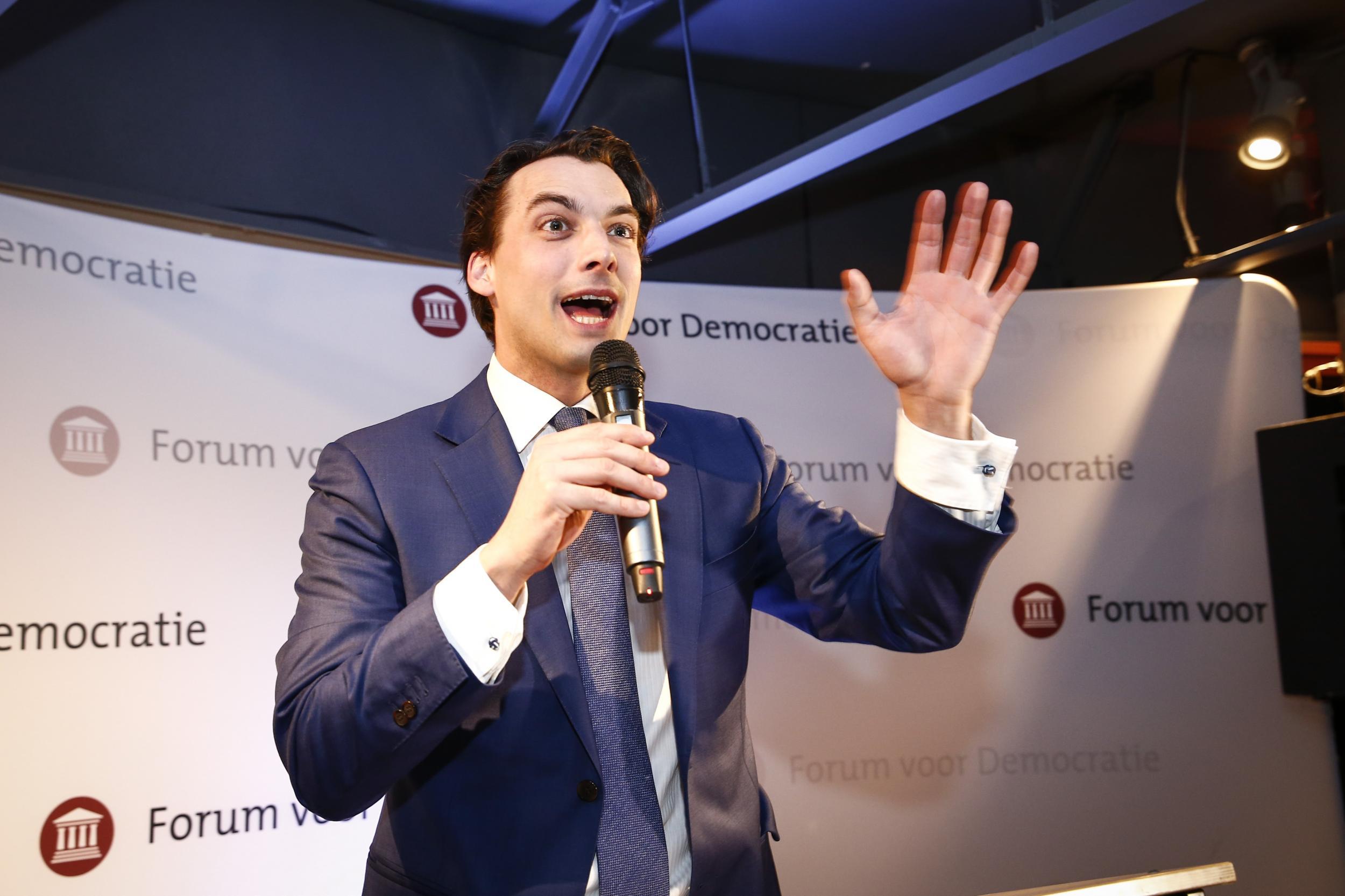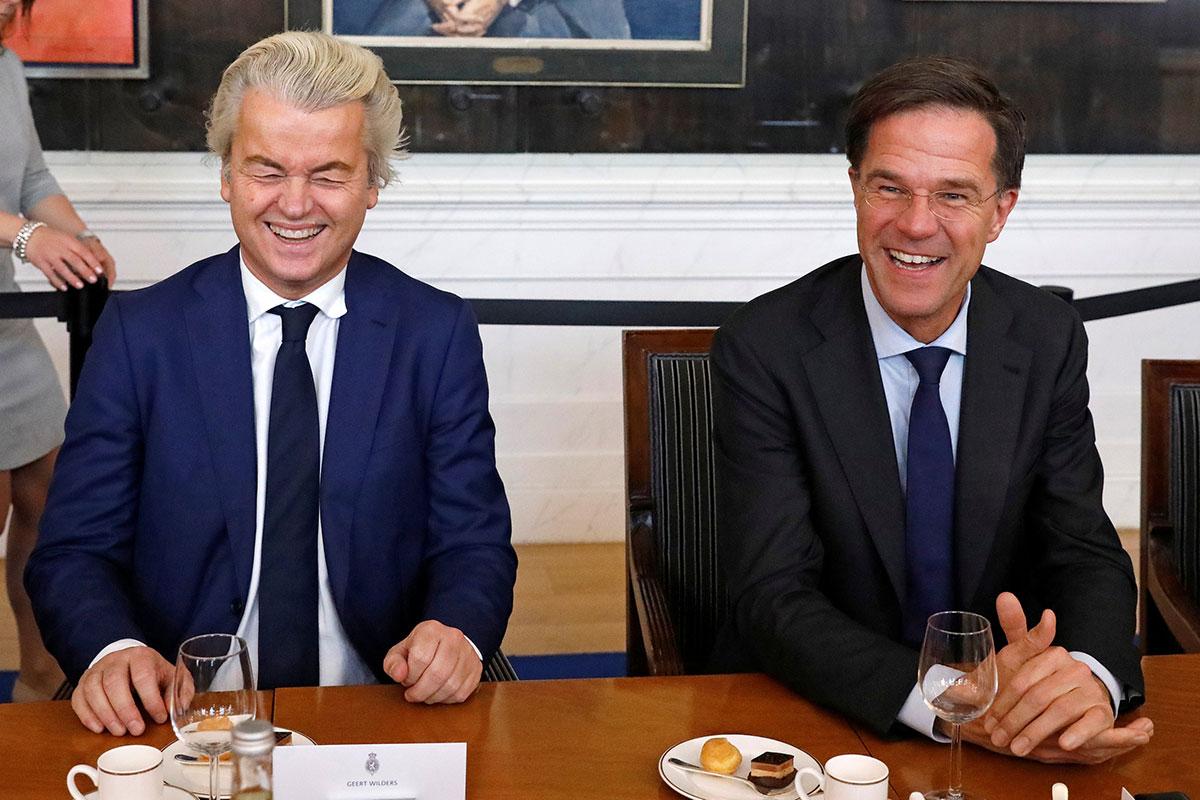Forum For Democracy: New Dutch Eurosceptic party that wants EU referendum now polling in second place
The right-wing party won just 1.8 per cent in elections last year but has seen a boost

Your support helps us to tell the story
From reproductive rights to climate change to Big Tech, The Independent is on the ground when the story is developing. Whether it's investigating the financials of Elon Musk's pro-Trump PAC or producing our latest documentary, 'The A Word', which shines a light on the American women fighting for reproductive rights, we know how important it is to parse out the facts from the messaging.
At such a critical moment in US history, we need reporters on the ground. Your donation allows us to keep sending journalists to speak to both sides of the story.
The Independent is trusted by Americans across the entire political spectrum. And unlike many other quality news outlets, we choose not to lock Americans out of our reporting and analysis with paywalls. We believe quality journalism should be available to everyone, paid for by those who can afford it.
Your support makes all the difference.A newcomer party in the Netherlands that wants a referendum on EU membership is polling in second place in the country, having won only 1.8 per cent of the vote in elections just last year.
Forum for Democracy (FVD), which was only founded in 2016, is now trailing Prime Minister Mark Rutte’s centre-right VVD by 8 per cent, according to a new survey by pollsters Peil.nl.
The Eurosceptic party made little impact in last year’s general election but has been the beneficiary of the Netherlands’ fragmented political system – which has seen parties of all stripes temporarily rise and fall in recent years.
There are currently eight political parties polling 8 per cent or more in the Netherlands, with the first-placed VVD on just 18 per cent. The hard-right FVD is on 10 per cent, around the same as the left-wing Socialist Party.
The Netherlands’ more well-known right-wing populist party, the Freedom Party (PVV) is down on 9 per cent – having been overtaken by newcomer FVD for the first time in a poll.
The PVV, which is led by Geert Wilders, came second in last year’s general election and previously participated in a government with Mr Rutte between 2010 and 2012, when it withdrew its support.
The FVD says it supports direct democracy and wants sharp tax cuts across the board. Like the PVV, it campaigns against Muslim immigrants, and says it would introduce a “Dutch Values Protection Act” and wants to ban Islamic face veils and other face coverings.

Despite the good fortune for the new party, polling suggests that the Dutch are strongly pro remaining in the EU – with opinion having hardened significantly since the UK headed for the exit door.
With the next general election not scheduled until 2021, it remains to be seen whether the FVD’s strong polling momentum will last.
The poll showed governing coalition partners D66 and CDA trailing the FVD on 9 per cent each, level with the Green Left.
The PVDA, the centre-left allies of the UK’s Labour party, are on 8 per cent, ahead of the Party for the Animals on 5 per cent. Pensioners’ party 50+ is on 4 per cent, level with a Christian Democratic party.
Mr Rutte survived a confidence vote in the Dutch parliament last week, trigged by the PVV over his handling of a scandal regarding one of his ministers. Halbe Zijlstra was forced to stand down as foreign minister after admitting he had lied about a meeting with Russian President Vladimir Putin.
Join our commenting forum
Join thought-provoking conversations, follow other Independent readers and see their replies
Comments